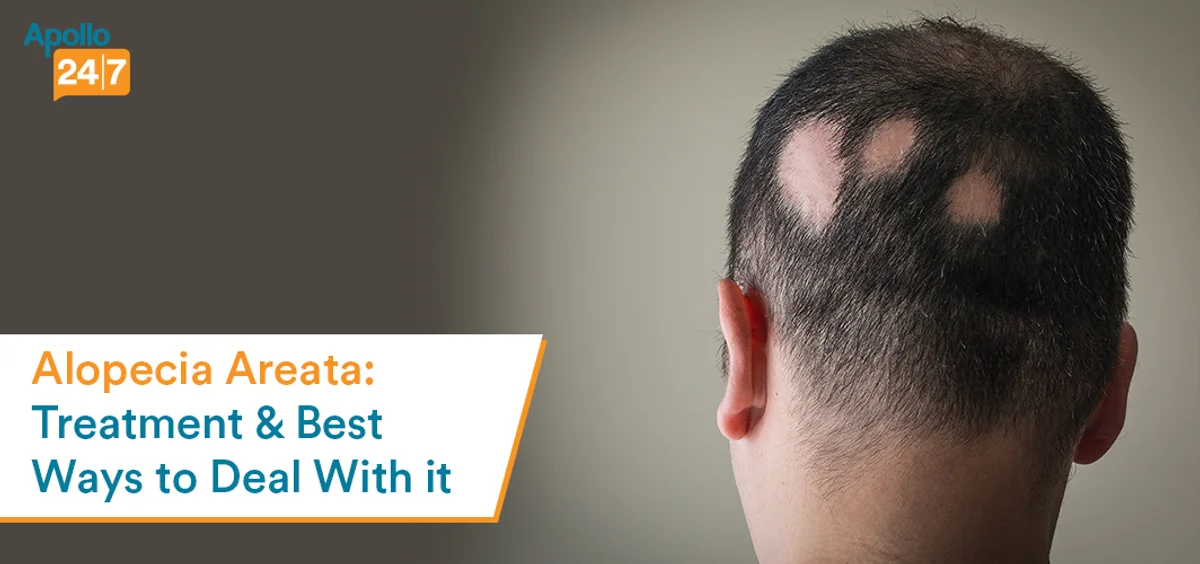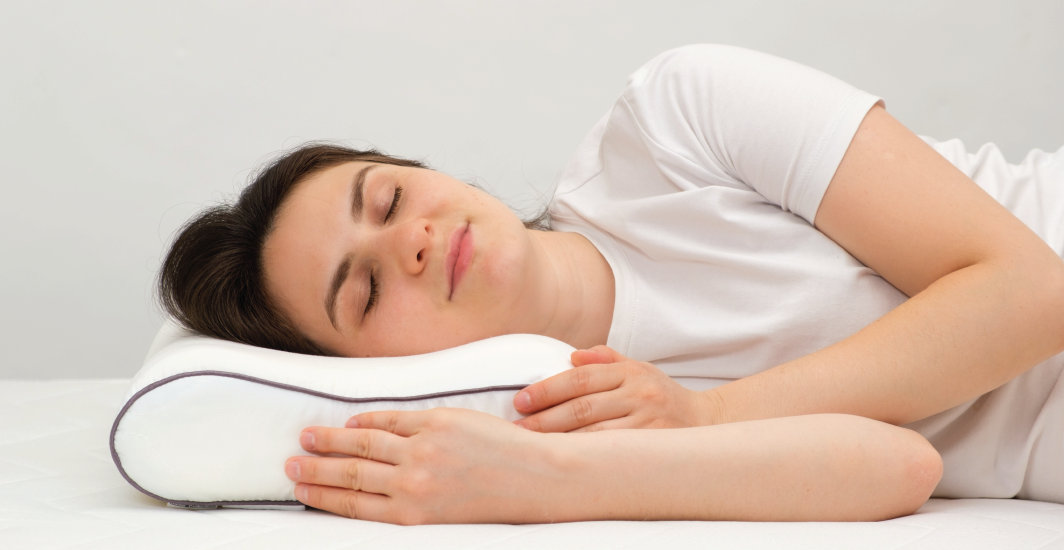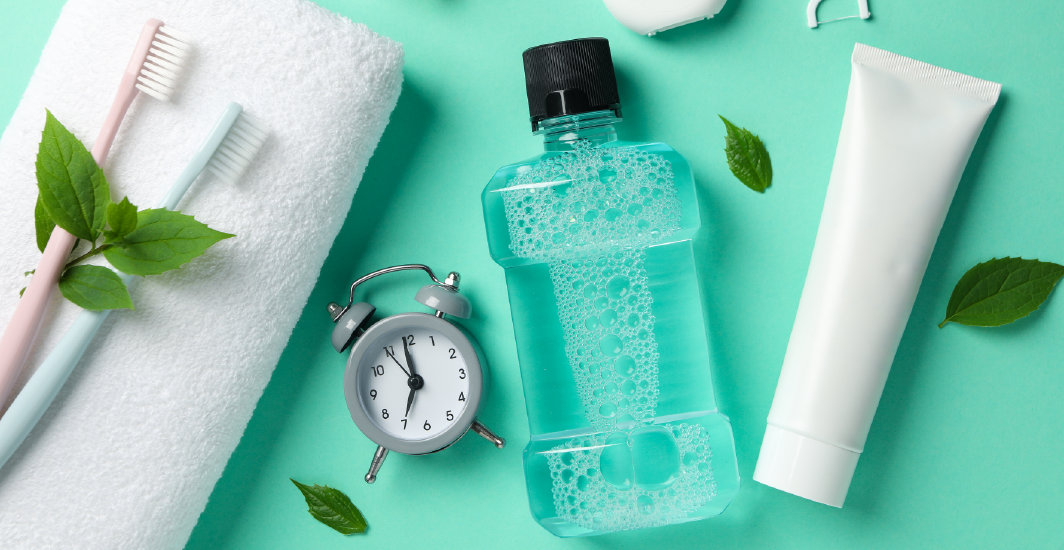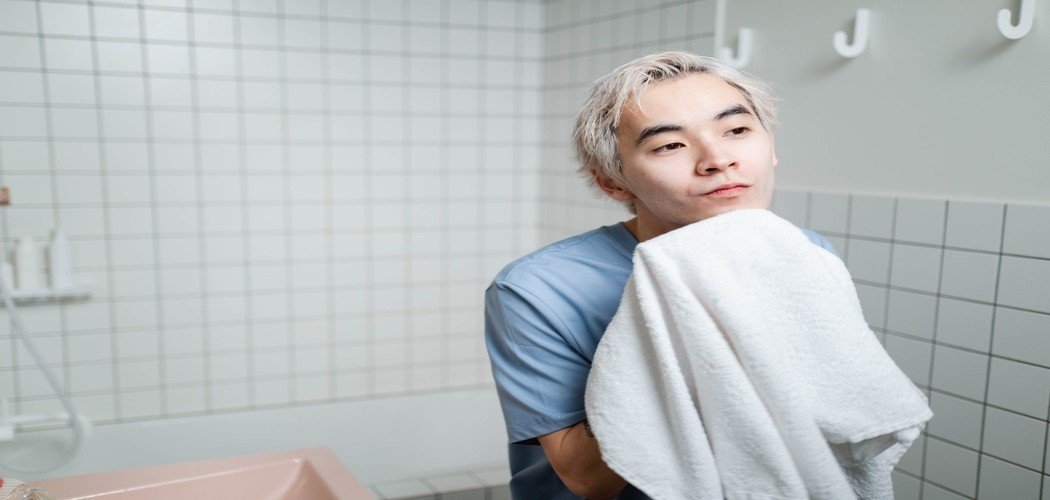- Home
- Blog
- Personal Care
Alopecia Areata: Treatment & Best Ways to Deal With it
Personal Care
Alopecia Areata: Treatment & Best Ways to Deal With it
By Apollo 24|7, Published on- 13 July 2022, Updated on -18 October 2022
Share this article
0
2 likes

Hair loss and hair thinning are common problems. However, excessive hair fall can happen due to several reasons such as genetics, hormonal changes, poor diet, certain medications, stress, leading to gradual thinning, receding hairline, or partial baldness. While genetics does play a role, however, there are ways to prevent hair loss (alopecia areata) and achieve thick and healthy hair.
However, firstly, it is quintessential to consult with a dermatologist and then start with any treatment. Read on to know the stages of hair growth.
What are the stages of hair growth?
Hair growth stages begin with anagen (growing phase), catagen (transition phase), telogen (resting phase), and exogen (shedding phase). The American Academy of Dermatology says that the hair grows ½ inch every month on an average of six inches per year. However, the growth of the hair depends on genetics, the type of hair, age, underlying medical conditions, and overall health.
How to detect early signs of alopecia
- Gradual thinning of hair in 3-6 months
- Excessive hair fall
- Receding hairline
- Circular or patchy bald spots
- Thinner ponytail(women)
- Widened parting (women)
Best ways to help your hair grow and deal with alopecia areata
Change the pillowcase
The benefit of using a silk pillowcase rather than cotton or polyester is to help reduce hair fall. It also reduces loss of hair moisture, breakage, and entangling of hair. In addition, one wakes up with manageable hair.
Brush your hair in the reverse direction
Combing the hair in reverse can stimulate hair follicles and promote hair growth. It is an old trick but highly beneficial as it increases blood circulation in the roots. It also regenerates cells and helps in adding volume.
Eat a healthy diet
The hair cells and the cells throughout the body need a balance of proteins, complex carbohydrates, iron, and vitamins, to function at their best. Therefore, a nutritional imbalance will often show up in the form of hair loss. Hence, restrictive and low protein diets affect hair growth. Thus, including adequate lean proteins, vegetables, and antioxidant-rich fruits will help in radiant and thicker hair. In addition, limit intake of processed, and tobacco and include healthy fats such as olive oil and nuts.
Boost nutrient profile
A lack of essential vitamins such as vitamins A, C, D, E, and zinc can slow down hair growth and their deficiency can lead to hair loss. Hence, include fatty fish, nuts, green leafy vegetables, and citrus fruits to boost hair growth and get healthy skin. In addition, supplement biotin is extremely good for hair growth and also supports a healthy metabolism. However, consult a physician before consuming any supplement.
Apply a natural hair mask
Modern ayurvedic hair masks counteract dry hair, help in increasing the volume and bring radiance to the hair. Hair masks are available readily however, one can also prepare hair masks at home with natural ingredients. 1. Combination of Aloe vera gel and hibiscus paste. 2 honey and milk. 3. Gram flour yogurt and water. 4 coconut oil, sugar, and essential oil mask. Mix well and massage into the scalp, leave for few minutes and wash with a mild shampoo.
Try essential oils and caffeine-induced products
Limited scientific data suggests that regular usage of caffeine products helps hair shaft elongation and reduces hair loss. In addition, several studies indicate that essential oils from plants improve hair growth by delaying the phase of hair falling out. However, there have been some allergic reactions to essential oils. Hence, one is recommended to do a skin test before applying it to the scalp directly.
Use herbal shampoos and conditioner
Shampoos with chemicals help get rid of dirt from hair, but they also strip the hair from natural oils. Whereas shampoos and conditioners containing natural extracts help cleanse the hair and scalp, they also promote hair growth and cause lesser damage to the hair. Some people may require medicated shampoos containing ketoconazole to get rid of dandruff-causing pathogens. It is best to seek help from a dermatologist and not delay getting rid of dandruff and other scalp diseases such as seborrheic dermatitis causing hair loss.
Try approved medications
The US Food and Drug Administration has approved two drugs, minoxidil (rogaine) and finasteride (propersia) to treat hereditary pattern baldness. Other medications include spironolactone (carospir) and oral dutasteride (Avodart). Although these medicines may take a few months to work, one should apply them regularly for the best results. In addition, these medicines slow down thinning of hair due to hereditary reasons and increase scalp coverage. However, stopping them midway without consulting a doctor may lead to falling out of regrown hair. The medicine finasteride should not be taken or touched by women who have conceived or are pregnant. Studies indicate that finasteride does not work on men over 60 years and may rarely cause diminished sexual functions too.
Go easy on hair color
Graying of hair is a natural process as we age, and people mostly color their hair. However, the frequent coloring of hair can damage hair follicles and also lead to dry hair. Hence, color hair with a natural chemical-free organic hair color for special occasions only. Another reason for brittle hair is the frequent usage of hair dryers that causes dry and damaged hair. One is recommended to use a deep conditioning hair mask before and after coloring to prevent breakage and nourish hair.
Manage stress
Chronic stress is linked with hair loss known as telogen effluvium. Researchers hint that stress can affect hair follicles in the resting phase, preventing the growth of new strands of hair. One is recommended to manage stress by practicing yoga, meditation, deep breathing, visiting new places, and spending time with loved ones. However, stress-induced hair fall can be managed with a healthy diet, a proper hair care regime, and practicing relaxation techniques.
Recommended read: Health tips to manage stress.
Takeaway
The key to preventing hair fall, improving hair growth, and reactivating follicles are detecting and getting treated early as possible. Also, follow a hair care regime, rule out underlying health conditions, seek expert help, and eat nutritious foods. While there is no instant formula to grow back hair for people with genetic hair problems, it can take a few months to yield noticeable results. However, it is recommended to consult a dermatologist and keep trying hair remedies to have healthier, and thicker hair.
Consult with the Best Dermatologist
Authored By Dr. Tulika Roy
Services
Personal Care
Leave Comment
Services
Recommended for you

Personal Care
Importance of Sleep and Its Stages
Have you ever wondered why everyone says 7-8 hours of sleep is mandatory? Your Sleep is not consistent. Instead, your total sleep during the night is made up of several rounds of the sleep cycle. Read more about the sleep cycle, stages, and affecting factors. #ApolloPharmacy #SleepCycle #StagesOfSleepCycle #DeepSleep #REM #NonREM #SleepHygiene

Personal Care
Bad Breath: A Mirror to Your Oral Health
Dental hygiene and oral health are often taken for granted but are essential parts of our everyday lives. Remember our oral health is a window to our general health! If you are wondering about how to maintain good oral health, keep reading.

Personal Care
5 Products Men Must Add To Their Skincare Routine
Discover the essential skincare products that every man should include in their daily routine. From cleansers to moisturisers, these products will help you achieve healthy and youthful-looking skin.
Subscribe
Sign up for our free Health Library Daily Newsletter
Get doctor-approved health tips, news, and more.

